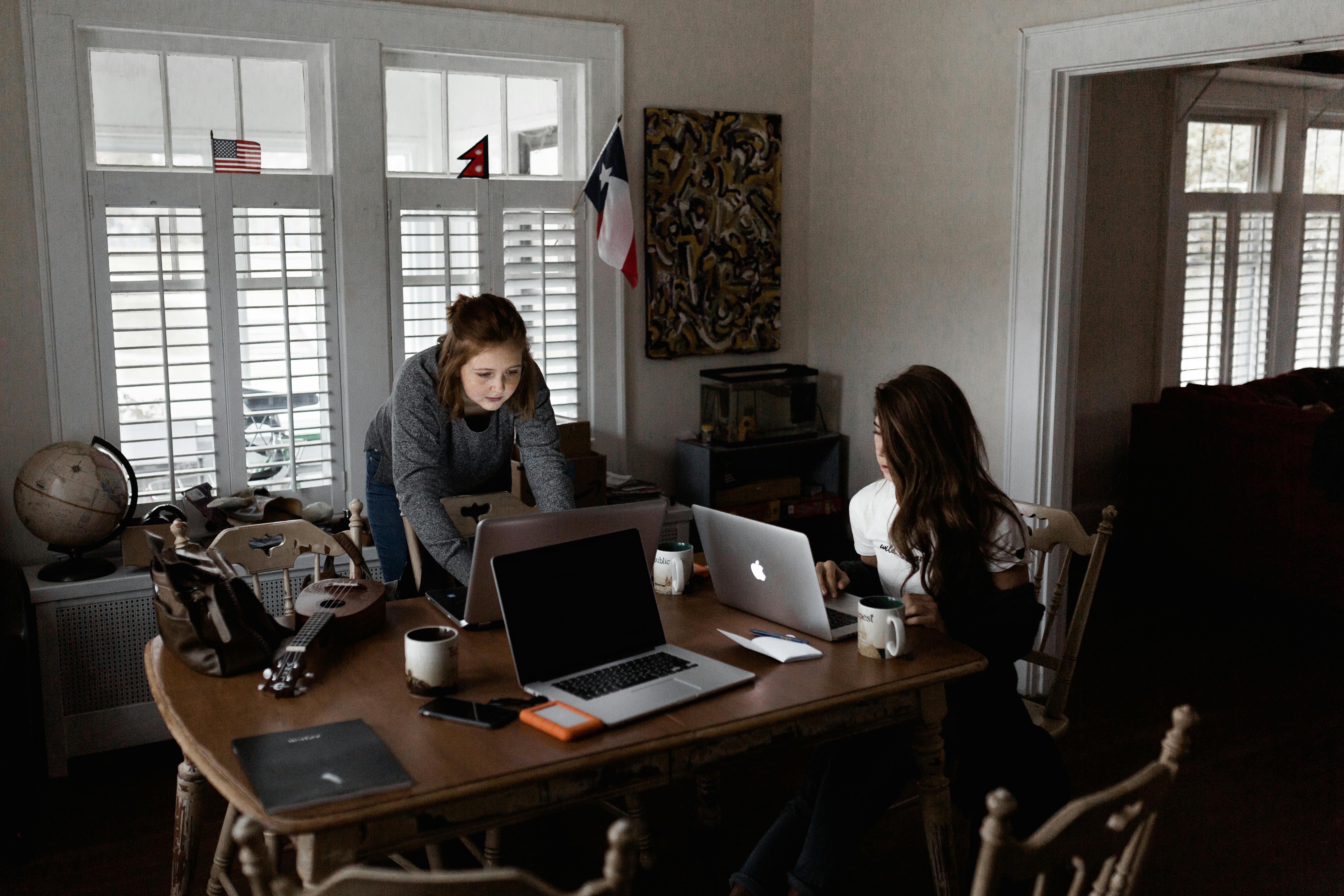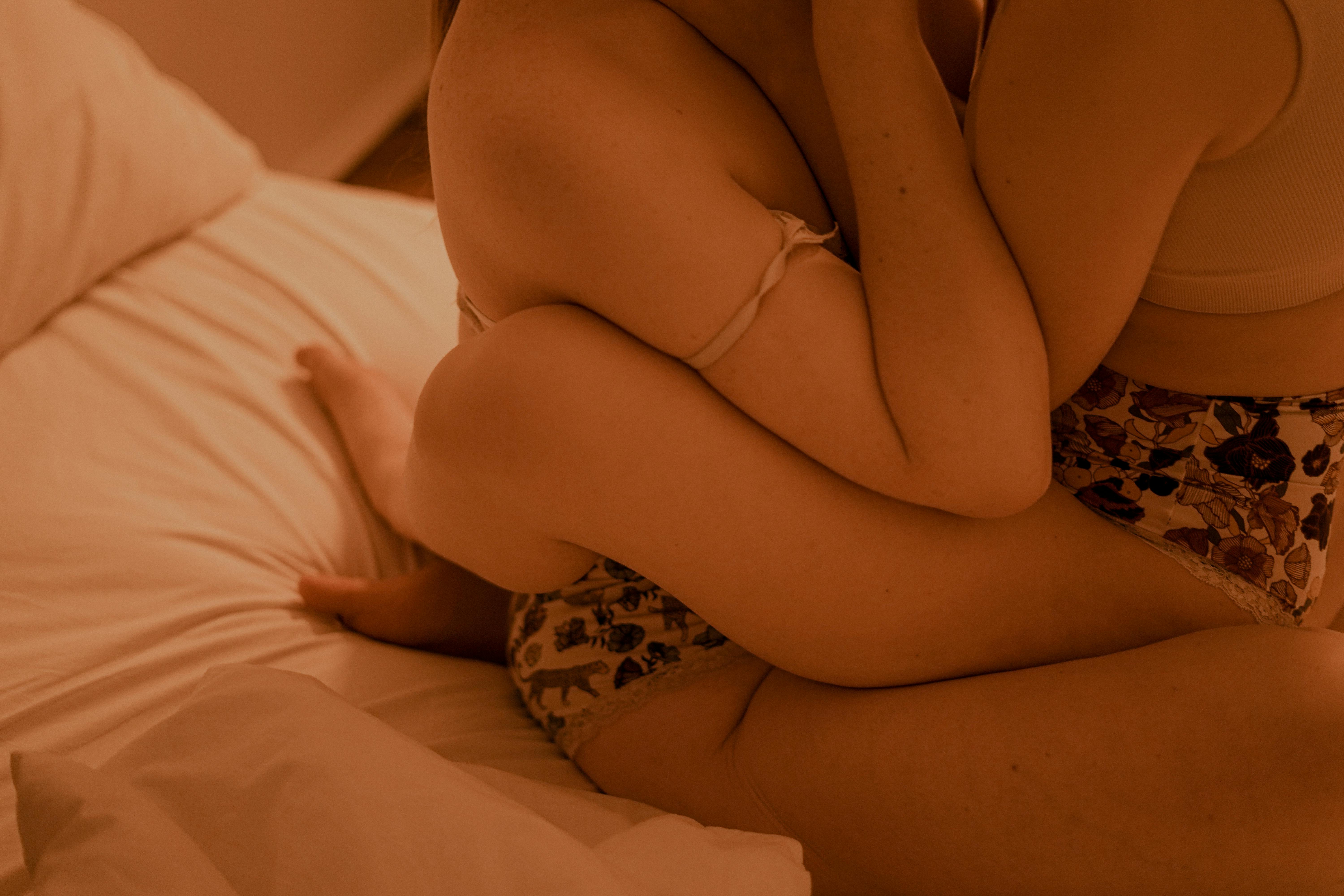
The Hustle Trap: Why Burnout Became the Badge of Honor
It’s 3 a.m., your eyes are glued to the screen, caffeine coursing through your veins, and your inbox is a graveyard of “urgent” messages. Somewhere between replying to Slack threads, editing your side-hustle TikTok, and answering emails that could have been a two-minute phone call, you hear someone say: “I love my hustle life.”
Let me stop you right there. That’s not love. That’s Stockholm Syndrome with a corporate twist. Welcome to hustle culture, the modern cult where exhaustion is applauded, and burnout is worn like a designer accessory.
The Rise of Hustle Culture
Hustle culture didn’t appear out of nowhere. It’s a cocktail of Silicon Valley ambition, social media flexing, and a side of good-old capitalist guilt. The phrase “rise and grind” isn’t just a morning mantra—it’s a lifestyle imposed on anyone scrolling Instagram at 6 a.m., watching someone flex their $3,000 espresso machine while editing a startup pitch deck and doing yoga simultaneously.
Take Gary Vaynerchuk, the self-made marketing guru who practically built an empire on motivational 140-character punchlines. Or the legions of Gen Z and millennial influencers posting screenshots of 14-hour workdays with hashtags like #NoDaysOff. Burnout isn’t just normalized—it’s romanticized. The more frazzled you look, the more authentic you are perceived to be.
Here’s the kicker: studies show the exact opposite. According to the World Health Organization, burnout is a legitimate occupational phenomenon, not a medal of honor. It’s linked to decreased productivity, mental health struggles, and serious physical health issues. Yet, the Instagram-ready version of hustle culture ignores this, turning exhaustion into a bragging right.
Why Burnout Is Celebrated
Let’s talk mechanics. Why is society celebrating people on the verge of collapse?
-
Visibility = Validation: In a world where LinkedIn updates and Instagram stories are the new CV, showing you’re working non-stop signals value. If you’re awake at 2 a.m. grinding, clearly, you’re committed.
-
Scarcity Mindset: Workaholism thrives on fear—fear of missing out, of failing, of being left behind. The message is clear: sleep is for losers, and rest is for the weak.
-
The Hustler’s Ego: There’s also ego at play. Admitting exhaustion is vulnerability, and vulnerability feels like defeat when the reward system is based on hustle points.
-
Capitalist Incentives: Let’s be honest: employers love it too. Overworked employees create more output, stay online longer, and get fewer sick days. It’s profitable for corporations, tragic for humans.
Real Talk: Hustle Culture is a Mental Health Crisis
The data is brutal. The American Psychological Association reports that overwork leads to higher stress, anxiety, depression, and even cardiovascular issues. Millennials and Gen Z, the generations most glorifying hustle culture, are seeing unprecedented mental health challenges. Yet memes like “I’ll sleep when I’m dead” continue to circulate with a wink and a nudge.
Let’s get real for a second: exhaustion isn’t cute. Burnout isn’t a trophy. Your brain and body are not productivity machines. You don’t need a 90-hour week to prove worth.
Take Arianna Huffington, the media mogul who collapsed from exhaustion and decided to redefine success around well-being rather than endless grinding. She coined the term “Third Metric”, which includes health, relationships, and personal fulfillment—metrics that hustle culture actively tries to erase.
How Social Media Feeds the Frenzy
Instagram, TikTok, and LinkedIn are accelerants. Watching someone post a story at midnight coding their “side hustle” while also hitting a CrossFit WOD makes you feel inadequate if you’re in bed by 11 p.m. This comparison culture fuels a sense of chronic urgency, and FOMO becomes a mental leash.
Case in point: the viral tweet from last year, “I don’t sleep; I grind,” garnered over 500,000 likes and counting. Likes, shares, and retweets are modern-day hall passes that normalize overwork. It’s social proof that the only way to succeed is to hurt yourself along the way.
The Celebrity Hustlers
Celebrities are complicit too. Take Kylie Jenner, who allegedly worked 18-hour days building Kylie Cosmetics while also managing a public persona and, yes, posting flawless Instagram content. Or Elon Musk, the Tesla/Twitter overlord, who publicly bragged about working 120-hour weeks.
While some succeed spectacularly, the human cost is enormous. Stories leak about exhaustion, mental breakdowns, and even burnout-related health crises. Yet the narrative persists: if you’re not suffering, you’re slacking.
Tips to Escape the Hustle Trap
Here’s the raw truth: escaping hustle culture doesn’t mean becoming lazy. It means working smarter, not just harder. Here’s how:
-
Set Hard Boundaries: Decide when work ends. No exceptions. Your worth is not measured by unread emails.
-
Prioritize Sleep: Sleep is a productivity hack disguised as rest. Lack of sleep is not dedication—it’s self-sabotage.
-
Learn to Say No: Your calendar is a reflection of your priorities. Protect it fiercely.
-
Measure Real Wins: Instead of hours worked, measure progress, satisfaction, and impact.
-
Take Micro-Breaks: Even 5 minutes away from the screen can reset focus. Walk, stretch, or stare at a wall. It works.
How to Spot Hustle Culture Before It Bites You
Chronic exhaustion that never feels like “enough.”
Constantly working on side projects, yet never feeling fulfilled.
Obsession with social media proof of productivity.
Internalizing guilt when you take a day off.
FAQ: Hustle Culture and Burnout
Q: Is hustle culture always bad?
A: Not necessarily. Ambition and hard work are valuable. The problem arises when work consumes your identity, health, and relationships.
Q: How do I know if I’m burnt out?
A: Signs include chronic fatigue, irritability, insomnia, lack of motivation, and feeling emotionally numb. Physical symptoms like headaches, muscle tension, and stomach issues are also common.
Q: Can I succeed without grinding 24/7?
A: Absolutely. Focused, intentional work, creativity, networking, and rest are more sustainable pathways to success.
Q: How do I talk to my boss about burnout?
A: Be honest and solution-oriented. Present the issue with data on productivity benefits of balanced work, not just personal grievances.
Cultural Perspective: Why Hustle is Glorified
Hustle culture is more than a corporate fad—it’s a reflection of societal values. In America, work is worshipped, achievement is equated with morality, and rest is stigmatized. In contrast, countries like Denmark and Japan (ironically) emphasize work-life balance and paid vacation. Yet the U.S. celebrates CEOs who sleep four hours a night like superheroes.
Hustle culture also intersects with social media influencer culture, where every action is content and every grind is monetized. Authenticity is replaced with curated chaos. Showing balance doesn’t get clicks; showing the all-nighter does.
Quotes to Remember
“Don’t confuse activity with productivity.” — Robin Sharma
“We are human beings, not human doings.” — Stephen Covey
“Success without health is failure.” — Arianna Huffington
Final Thoughts
The raw, unfiltered truth? Hustle culture isn’t sexy. Burnout is not a badge of honor. Work will never love you back, but your body and mind deserve loyalty. You can chase goals, climb ladders, and launch ventures without sacrificing your sanity. Ambition without boundaries is a fast track to exhaustion, not empowerment.
So, next time someone brags about working 18 hours straight, smile, sip your tea, and remember: the real power move is knowing when to stop.
How to Reclaim Your Life from Hustle Culture
-
Audit your current work-life balance honestly.
-
Identify areas where social media fuels comparison.
-
Create a weekly schedule with defined work and rest times.
-
Outsource, delegate, or automate repetitive tasks.
-
Commit to at least one tech-free day per week.
-
Celebrate rest as much as work—journal or track it.
Takeaway: Hustle culture is seductive but toxic. Burnout is not success—it’s a warning. Protect your mental, emotional, and physical health. Ambition thrives better in a rested, resilient mind.
Suggested for You

Why Your Partner Isn’t “The One”—And How to Know When to Walk
Reading Time: 7 min
Unsure if your partner is right for you? Discover the subtle signs that they’re not “the one,” learn...
Read More →
What Nobody Tells You About Sex, Intimacy, and Shame: The Raw Truth
Reading Time: 7 min
Explore the hidden truths about sex, intimacy, and shame. Real talk, expert insights, and tips for b...
Read More →
Life Lessons Nobody Teaches You in School (But You’ll Wish They Did)
Reading Time: 7 min
From paying bills to heartbreak survival, here are the raw life lessons schools skip but adulthood d...
Read More →
Healing From Trauma Without Anyone Noticing: A Quiet Revolution in Self-Recovery
Reading Time: 7 min
Learn how to heal from trauma privately with practical strategies, real-life stories, and expert tip...
Read More →
Comments